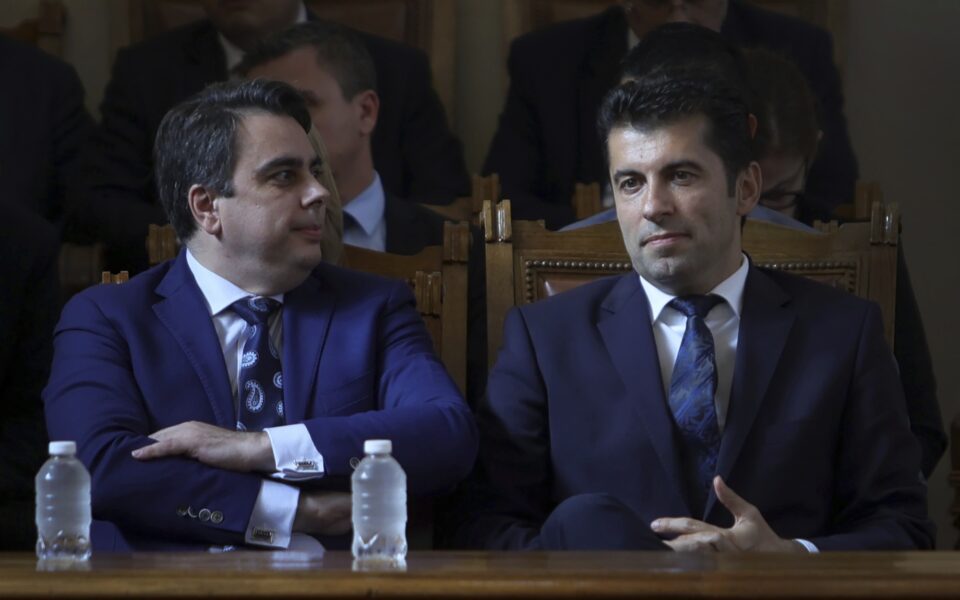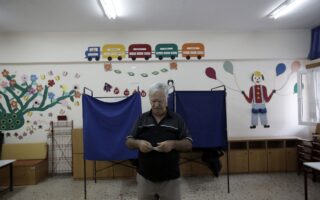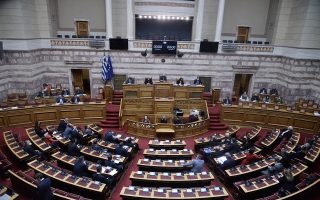Bulgaria in turmoil

Our neighbor Bulgaria is languishing in an endless political crisis, from which the way out is not quite visible. A few days ago, the pro-Western coalition government of Kiril Petkov collapsed, taking with it his vision of reform and cracking down on corruption, while he publicly claimed that he had been ousted by the mafia and the Russians, who exploit their access to the government.
It appears that the country is being led to elections for a fourth time in a year, most likely in the fall, when they may coincide with our own national elections. Whether they coincide or not, the elections in Bulgaria and Greece will have one thing in common: They will be held with the system of proportional representation.
The experience of Bulgaria should scare us. Our northeastern neighbor is marching without a leadership at a time when political storms are hitting the region, requiring a strong pair of hands at the helm. The system of proportional representation in Bulgaria distributes parliamentary seats in such a way that a solid parliamentary majority cannot be formed and only a mashed-up governing coalition can be formed, usually through mutual concessions.
Each partner had its own agenda and dependencies on economic and geopolitical centers, which, when they felt that their interests were at risk, overthrew the government
Under pressure to form a government so that the European Union’s poorest member-state can receive European funds so as not to starve, and after a ruthless bargain, four parties initially found some common ground and agreed to form a coalition. But with the first dark clouds on the horizon, the administration sank. Each partner had its own agenda and dependencies on economic and geopolitical centers, which, when they felt that their interests were at risk, overthrew the government.
In this case, it was television personality and popular singer Slavi Trifonov who left the coalition under the pretext (what else?) of some “national issue” of the ruling coalition. It could have been someone else, for some other reason.
The point is that Bulgaria is paying the price of proportional representation, which facilitates political fragmentation and prevents, in the absence of a consensual political culture, the formation of strong governments. Meanwhile, a proposal is being discussed to switch to a system of enhanced proportional representation, with bonus seats for the party which wins the most votes, similar to the previous Greek system.
In Greece, we will head to the polls with proportional representation, praying that we don’t end up in a turmoil similar to Bulgaria’s. Besides, the experience from its application in our local government elections, where elected councils are unable to make any decisions, must be eye-opening.




